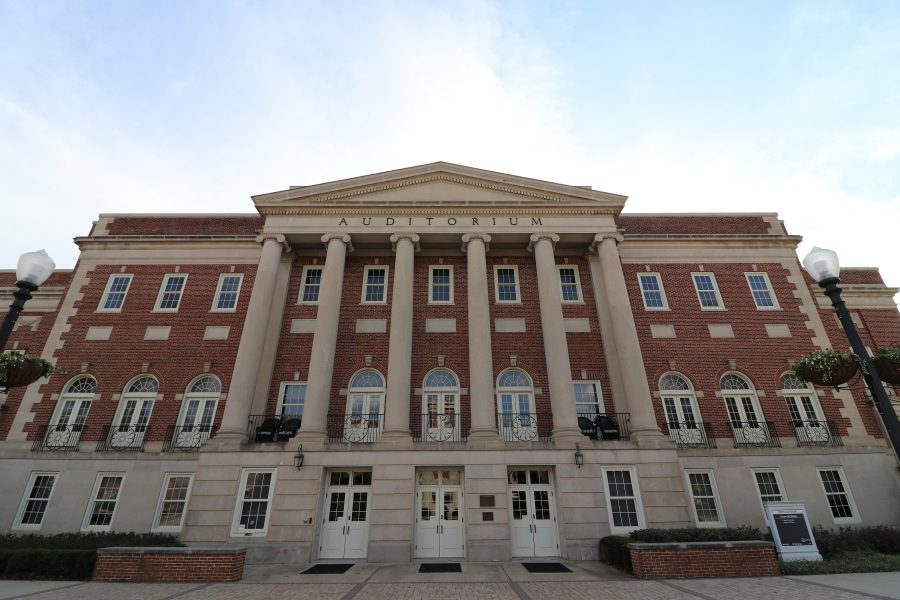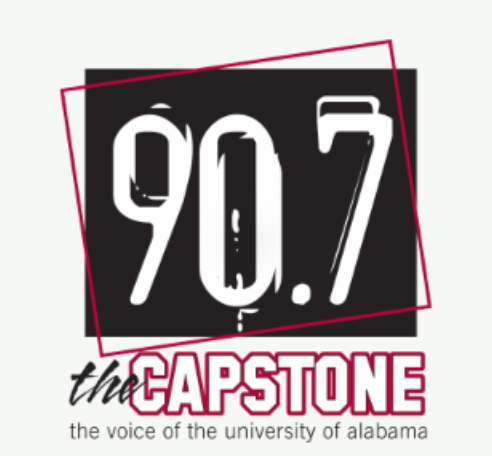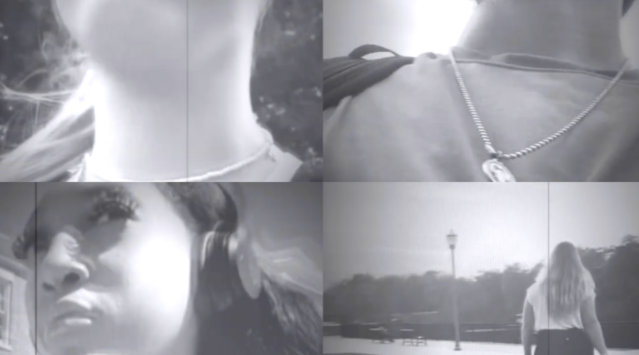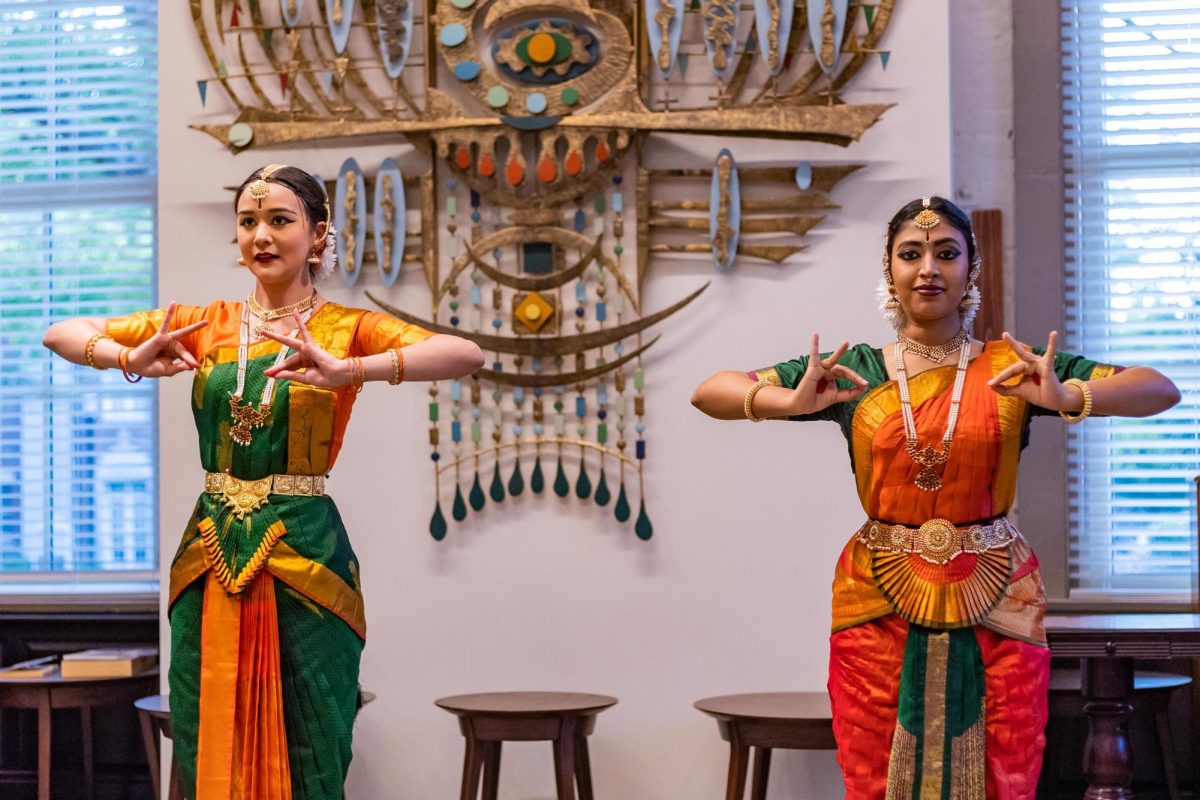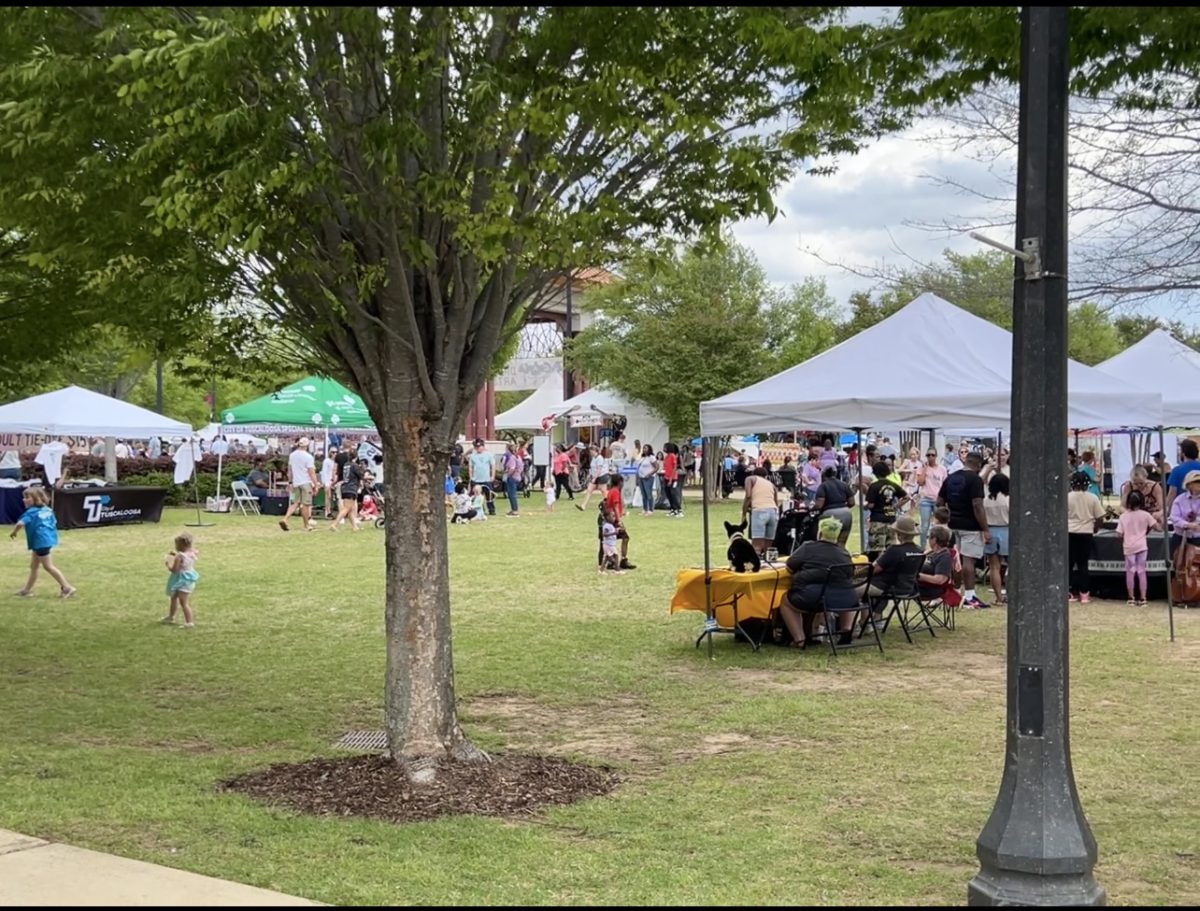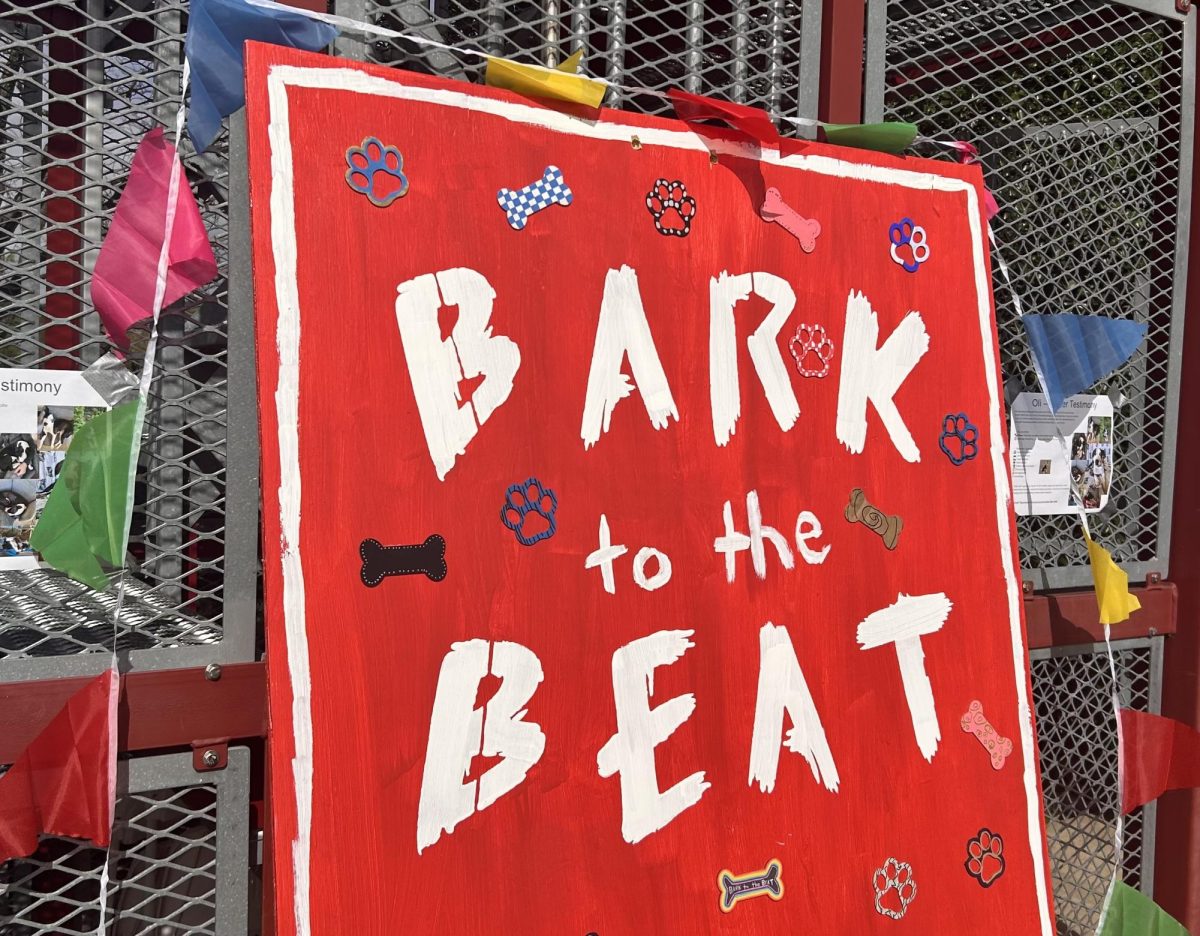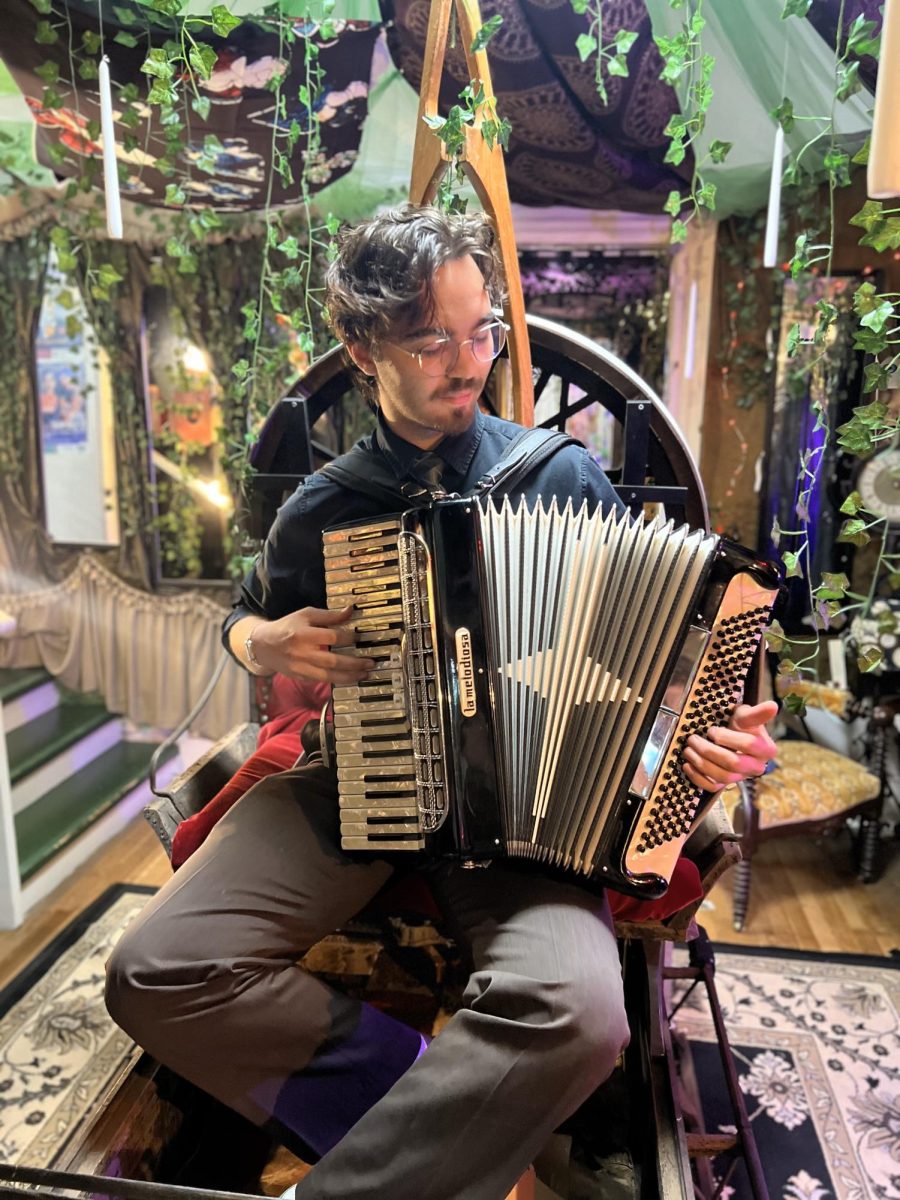As Black History Month concludes, University of Alabama faculty, staff and students reflected on the importance of its celebration on campus, as well as diversity issues the University still faces.
Less than 60 years ago, Alabama Gov. George Wallace blocked the doors of The University of Alabama, stopping two African-American students from attending this school. When the school finally desegregated in 1963, the words that Wallace promised – “Segregation now! Segregation tomorrow! Segregation forever!” – were destroyed.
February is filled with 28 days of black history, and UA students and faculty cannot go far without being reminded of the struggles that African-Americans faced, but many students and faculty use this time to address ways to move forward to better The University of Alabama in terms of awareness, unity and diversity.
“This month is really a time for us to embrace our past.” said JoAnn Oliver, a professor in the College of Nursing and a speaker at the State of the Black Union address that was held on Feb.16. “I firmly believe in the importance of knowing history.”
The State of the Black Union address was an event hosted by the Black Student Union and University Programs that discussed the past, present and future for black students. Oliver said what she enjoyed most about the event was how students of color had the opportunity to come together and talk about changes that need to be made. One of the main points she emphasized to the students was to get involved.
“I think it’s important for students of color in a predominately white institution to certainly make themselves known, get involved,” she said. “Be that change agent for what you want to see done because if you don’t do it, it’s not going to happen.”
Oliver said she was raised in a black setting at home, but was surrounded by mostly white peers at school. Oliver never felt different from anyone else in elementary, middle, or high school. Engaging with other students to understand each other’s differences is something that she stresses.
“[It’s important to] utilize the opportunities that exist by actively engaging in the classroom, in activities on our campus, and in our communities to impact positive change,” she said.
Caleb Werth, a freshman majoring in computer science, attended the State of the Black Union address after an email sent from University Programs caught his attention.
“When I came in, [there were] a couple of people who greeted me, and they were really happy to see me,” Werth said.
He talked about how he gained knowledge from keynote speaker Dr. Brian T. Pleasant. Pleasant emphasized the importance of how students should conduct themselves in a business setting. He also shared personal anecdotes that resonated with the crowd.
One thing Werth noticed, however, was the use of two terms he was a little unfamiliar with.
The terms he heard were PWI, predominately white institution, and HBCU, historically black college and university.
“It’s sort of like historically black implies that it was always this way, and that’s the way it should be,” he said. “And then you go over to predominately white, like it’s not necessarily right, but it is the way it is because there’s a lot of white people who have gone here and taken over.”
He said that he thinks those terms are divisive, and that he would like to focus on other issues.
Thomas Hancock, a junior majoring in computer engineering, grew up going to a predominately black elementary, middle and high school before attending Alabama A&M University, a historically black college in Huntsville. and then transferring to the University.
“I couldn’t be more of the majority: Caucasian, white, straight, Southern Baptist-raised,” Hancock said. “But I’ve always felt like being Caucasian in a predominately African-American community, I was more accepted and able to fit in more than if it was the other way around. Than if I was African-American in a mostly Caucasian community.”
Hancock said coming to The University from Alabama A&M was a change in atmosphere.
“I felt out of place here,” he said. “The culture here…it’s been a culture shock.”
Hancock said he noticed a lot of differences between the two schools, such as Greek life and how students are prepared for post-graduation.
“With the African-American community, I feel like they are put at such disadvantage because they always have to be at the 100 percent,” he said. “Whereas a white person, he can slip up. He can make a couple mistakes, and he can still go on and get along.”
Improving diversity is important, Hancock said.
“We have a lot of progress, and a lot of stuff to work on,” he said. “And that needs to start with the privileged Caucasian men. We need to make change because we’re the ones currently with the voice. And we need to share our voice with people who don’t have that.”



